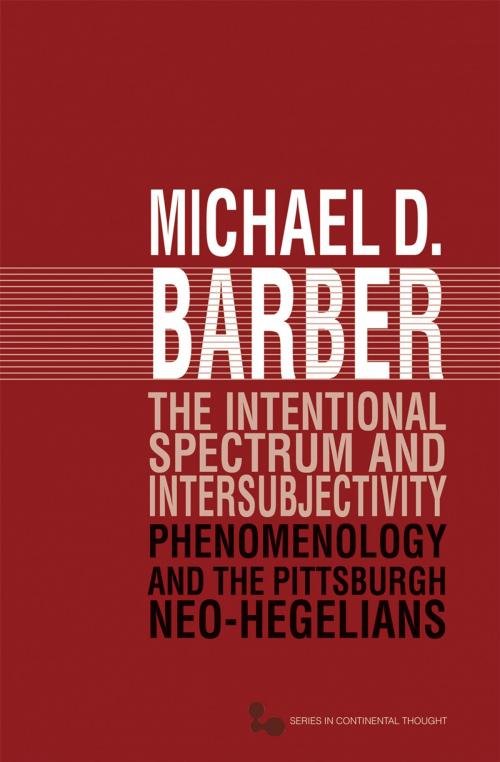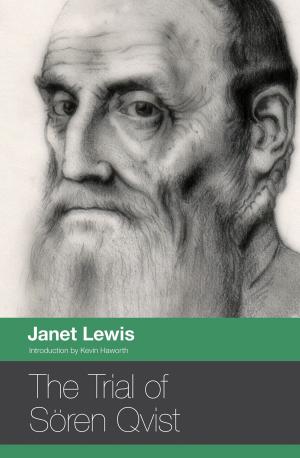The Intentional Spectrum and Intersubjectivity
Phenomenology and the Pittsburgh Neo-Hegelians
Nonfiction, Religion & Spirituality, Philosophy| Author: | Michael D. Barber | ISBN: | 9780821443682 |
| Publisher: | Ohio University Press | Publication: | May 18, 2011 |
| Imprint: | Ohio University Press | Language: | English |
| Author: | Michael D. Barber |
| ISBN: | 9780821443682 |
| Publisher: | Ohio University Press |
| Publication: | May 18, 2011 |
| Imprint: | Ohio University Press |
| Language: | English |
World-renowned analytic philosophers John McDowell and Robert Brandom, dubbed “Pittsburgh Neo-Hegelians,” recently engaged in an intriguing debate about perception. In The Intentional Spectrum and Intersubjectivity Michael D. Barber is the first to bring phenomenology to bear not just on the perspectives of McDowell or Brandom alone, but on their intersection. He argues that McDowell accounts better for the intelligibility of empirical content by defending holistically functioning, reflectively distinguishable sensory and intellectual intentional structures. He reconstructs dimensions implicit in the perception debate, favoring Brandom on knowledge’s intersubjective features that converge with the ethical characteristics of intersubjectivity Emmanuel Levinas illuminates.
Phenomenology becomes the third partner in this debate between two analytic philosophers, critically mediating their discussion by unfolding the systematic interconnection among perception, intersubjectivity, metaphilosophy, and ethics.
World-renowned analytic philosophers John McDowell and Robert Brandom, dubbed “Pittsburgh Neo-Hegelians,” recently engaged in an intriguing debate about perception. In The Intentional Spectrum and Intersubjectivity Michael D. Barber is the first to bring phenomenology to bear not just on the perspectives of McDowell or Brandom alone, but on their intersection. He argues that McDowell accounts better for the intelligibility of empirical content by defending holistically functioning, reflectively distinguishable sensory and intellectual intentional structures. He reconstructs dimensions implicit in the perception debate, favoring Brandom on knowledge’s intersubjective features that converge with the ethical characteristics of intersubjectivity Emmanuel Levinas illuminates.
Phenomenology becomes the third partner in this debate between two analytic philosophers, critically mediating their discussion by unfolding the systematic interconnection among perception, intersubjectivity, metaphilosophy, and ethics.















